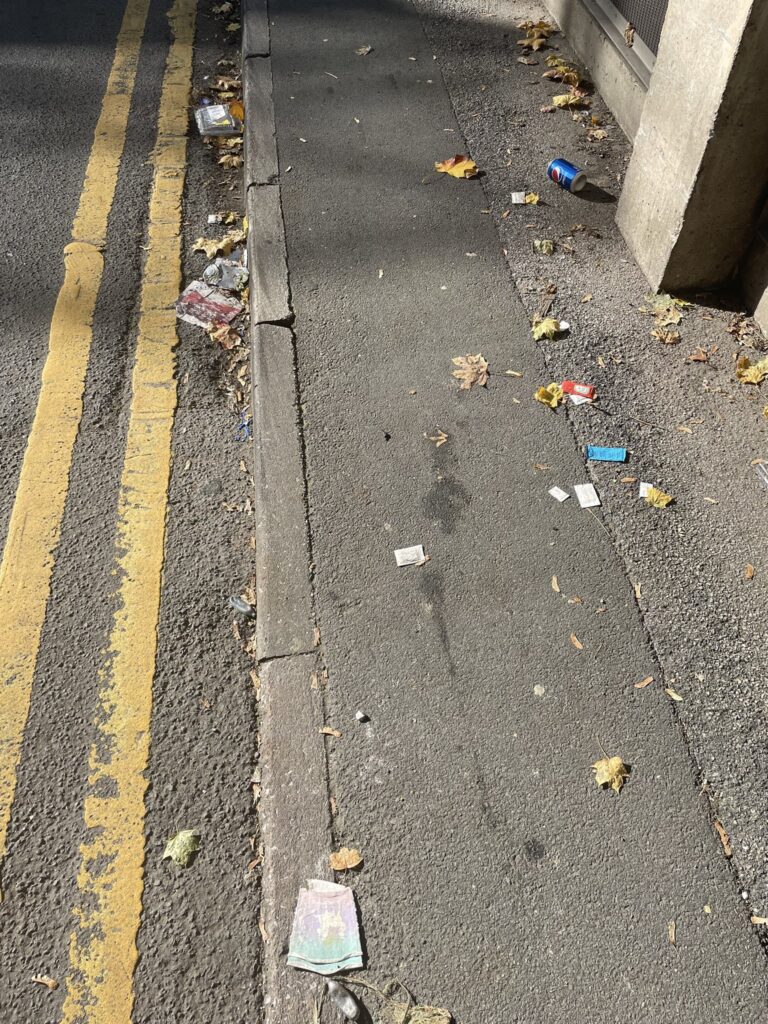Street cleaners in Newham to vote on strike action

Unite doesn’t rule out coordinated strike action with Newham refuse workers
Industrial unrest on the streets of Newham in London could escalate in the coming weeks and months with street cleaners preparing to vote on industrial action in a campaign against poverty pay.
Road sweepers, street sweepers and public realm operatives (caretakers on council properties) will begin voting on industrial action from Tuesday 11 October. They are calling for a significant pay increase to address the growing financial crisis facing workers. Newham pays its cleaners an average of just £22,500 per year.
Refuse workers employed by the London Borough of Newham have already taken two phases of strike action in their campaign for a fair wage. They have not ruled out further action.
Unless Newham council addresses the poverty pay facing these workers there could be coordinated strike action by the refuse workers and the cleaners.
Unite general secretary, Sharon Graham said: “By failing to address the real financial hardship faced by council workers in Newham, council bosses risk allowing industrial action to spread across the borough.
“If these workers choose to escalate their campaign for pay justice, they have Unite’s full support.”
In a recent letter (see notes to editors), Unite lead officer Onay Kasab called on Newham councillors to declare the cost of providing services during the refuse strike.
Urging caution, he also reminded them of the outcome of a recent industrial dispute between Unite and Coventry City Council, “Unite members at Coventry City Council employed in the refuse service took strike action for a period of nearly 8 months. This cost the Council in excess of £4 million and possibly more when the Council chose to attempt to break the strike rather than negotiate. In addition to the unnecessary expense, the strike was not broken – instead Unite members returned to work having secured a pay victory.”
In a recent media report it was revealed how one refuse driver with more than 12 years’ service was skipping meals. Another told reporters; ‘I only have two meals per day. I can’t afford breakfast,’ they said, adding that they know of people who now use food banks to avoid working on an empty stomach




